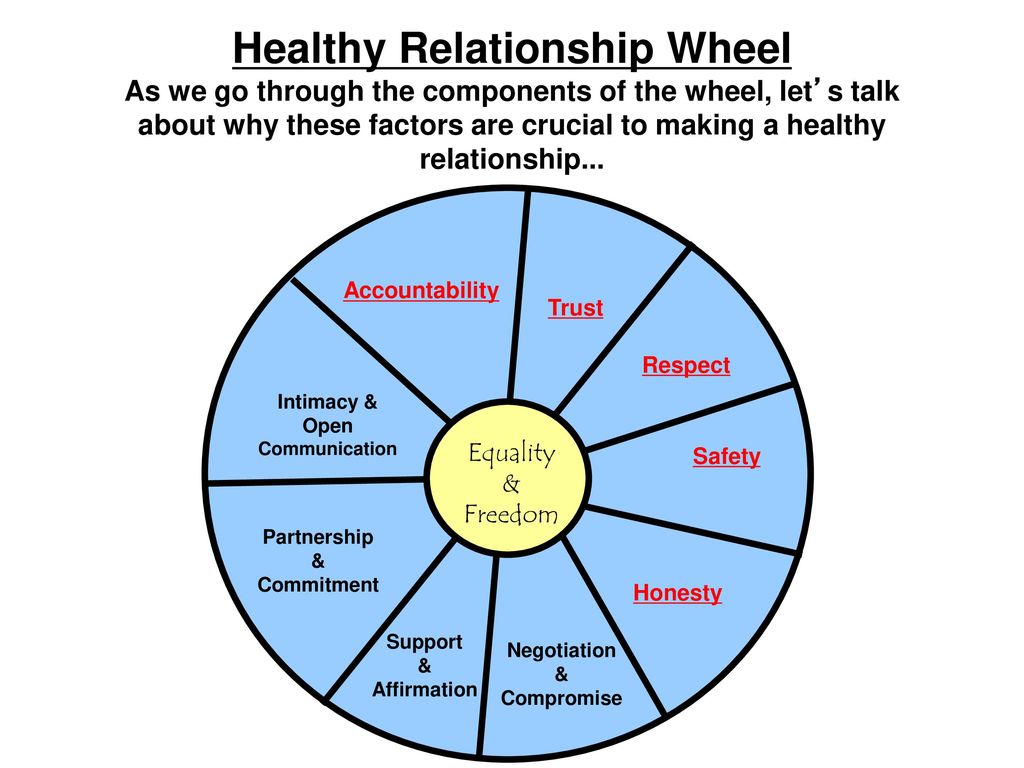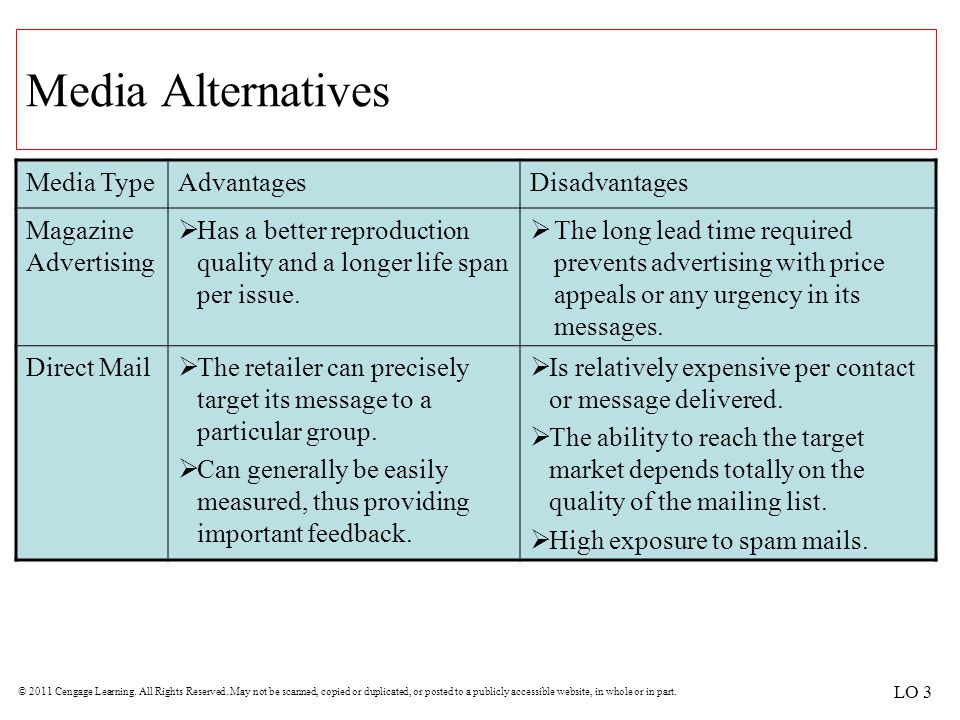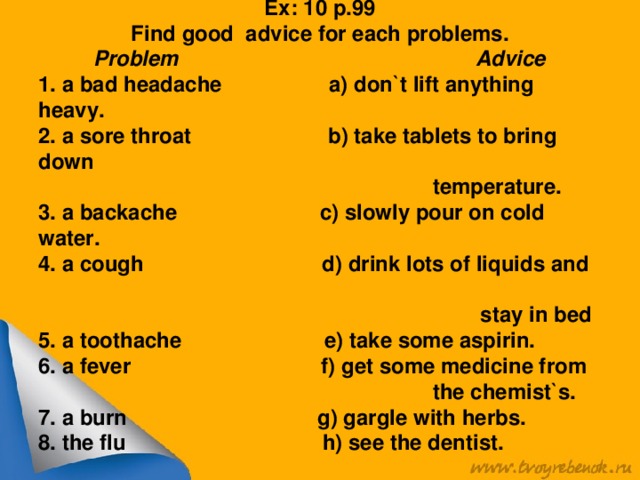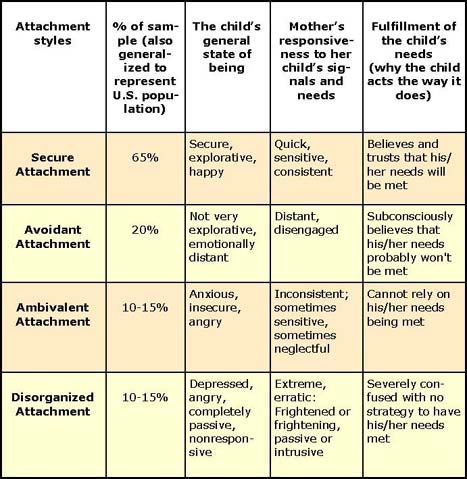Having a healthy relationship
What Does a Healthy Relationship Look Like?
Having boundaries is like drawing a line. One side has the things you are okay with and the other side, those that you are not okay with, don’t feel ready for, or make you uncomfortable. This line looks different for everyone, so it is important for you to know where yours needs to be drawn. Setting boundaries is a way to teach your partner about your needs, and let you know when something doesn’t feel right. You are allowed to put your needs before someone else’s needs, especially if their needs make you uncomfortable.
Step 1: What are your boundaries?
Think about these categories and what they mean in terms of your relationship.
Physical: Are you okay with public displays of affection? Does affection make you uncomfortable? Do you hate it or love it when your partner tickles you? Do you need a lot of alone time? Learn more about physical boundaries and abuse.
Emotional: Are you able to share what you are feeling right away or do you need some time to think about it? Do you need your partner to be available anytime you have a crisis? When are you ready to say I love you? Learn more about emotional boundaries and abuse.
Sexual: Do you need to get to know your partner a while before engaging in any kind of sexual activity, or are you okay getting physical right away? What sexual activity are you okay with? Learn more about sexual boundaries and abuse.
Digital: Are you posting your relationship status? Is it okay if your partner uses your phone? Do you want to share passwords? Learn more about digital boundaries and abuse.
Material: Do you like sharing your stuff? Are you okay paying for your partner or vice versa?
Spiritual: Do you like to practice your religion with a partner or alone? Does your partner need to have the same beliefs as you or can they be different as long as yours are respected? Are you waiting until marriage before you have sex?
Step 2: Letting your partner know what your boundaries are.
You don’t have to sit down with your partner with a check list of all of the things that make you uncomfortable, but you do have be open and honest.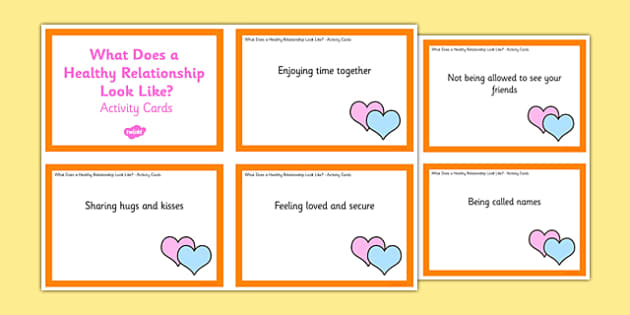 Some of these things might come up early in the relationship, like if you are a virgin and don’t want to have sex until you’re ready. Some of these things may not come up for a while, like if your partner wants to share passwords after dating for 6 months. When your needs are different than your partner’s, have a conversation; you don’t need to give an explanation. It may be awkward, but having the tough conversations is a part of having a healthy relationship. When your partner listens to you and respects you, it builds trust.
Some of these things might come up early in the relationship, like if you are a virgin and don’t want to have sex until you’re ready. Some of these things may not come up for a while, like if your partner wants to share passwords after dating for 6 months. When your needs are different than your partner’s, have a conversation; you don’t need to give an explanation. It may be awkward, but having the tough conversations is a part of having a healthy relationship. When your partner listens to you and respects you, it builds trust.
Step 3: Recognizing when the line has been crossed.
Sometimes, boundaries get crossed even after you’ve talked with your partner; this is where trusting yourself comes in. You may be sad, anxious or angry or you may not know exactly what you are feeling. Always trust your gut. If something doesn’t feel right to you, it probably isn’t.
Step 4: Responding.
If a boundary has been crossed by your partner who didn’t know where your line was drawn, have an honest conversation. It could be something as simple as saying, “Hey, I really don’t like it when you ________. This makes me really uncomfortable. Do you think next time you can ______ instead?” This might take some back and forth before coming to an agreement that meets both of your needs, but your relationship will be stronger because of it.
It could be something as simple as saying, “Hey, I really don’t like it when you ________. This makes me really uncomfortable. Do you think next time you can ______ instead?” This might take some back and forth before coming to an agreement that meets both of your needs, but your relationship will be stronger because of it.
If a boundary has been crossed even though you had already been clear about your boundaries, this might be abuse. Crossing a line might be obvious, like if you say no to having sex, but your partner uses physical force to make you do something you don’t want to do. But it can also be more subtle, like if your partner guilts you into something, begs you until you give in or threatens to break up with you unless you do what they want.
Tips for Building a Healthy Relationship
love & friendship
Want to feel loved and connected to your partner? These tips can help you build and keep a romantic relationship that’s healthy, happy, and satisfying.
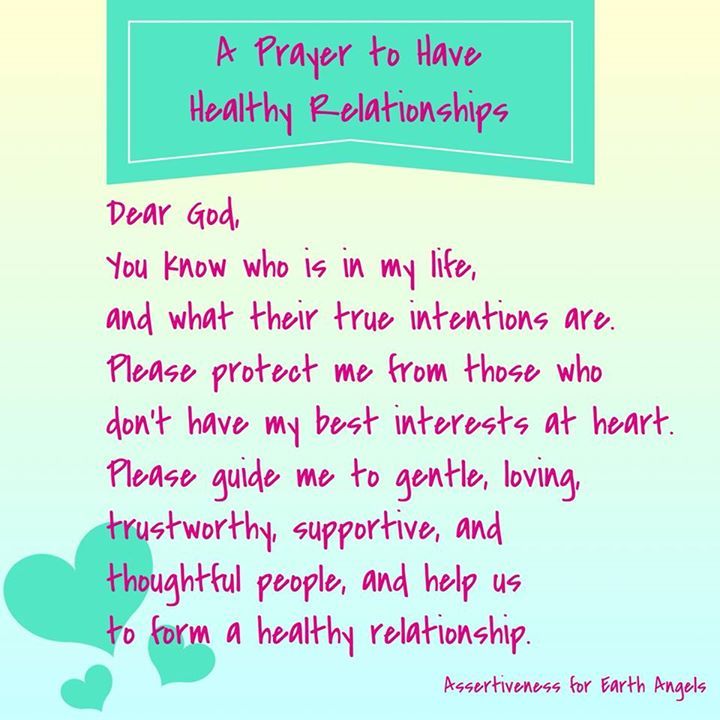
Building a healthy relationship
All romantic relationships go through ups and downs and they all take work, commitment, and a willingness to adapt and change with your partner. But whether your relationship is just starting out or you’ve been together for years, there are steps you can take to build a healthy relationship. Even if you’ve experienced a lot of failed relationships in the past or have struggled before to rekindle the fires of romance in your current relationship, you can find ways to stay connected, find fulfillment, and enjoy lasting happiness.
What makes a healthy relationship?
Every relationship is unique, and people come together for many different reasons. Part of what defines a healthy relationship is sharing a common goal for exactly what you want the relationship to be and where you want it to go. And that’s something you’ll only know by talking deeply and honestly with your partner.
However, there are also some characteristics that most healthy relationships have in common. Knowing these basic principles can help keep your relationship meaningful, fulfilling and exciting whatever goals you’re working towards or challenges you’re facing together.
Knowing these basic principles can help keep your relationship meaningful, fulfilling and exciting whatever goals you’re working towards or challenges you’re facing together.
You maintain a meaningful emotional connection with each other. You each make the other feel loved and emotionally fulfilled. There’s a difference between being loved and feeling loved. When you feel loved, it makes you feel accepted and valued by your partner, like someone truly gets you. Some relationships get stuck in peaceful coexistence, but without the partners truly relating to each other emotionally. While the union may seem stable on the surface, a lack of ongoing involvement and emotional connection serves only to add distance between two people.
You’re not afraid of (respectful) disagreement. Some couples talk things out quietly, while others may raise their voices and passionately disagree. The key in a strong relationship, though, is not to be fearful of conflict. You need to feel safe to express things that bother you without fear of retaliation, and be able to resolve conflict without humiliation, degradation, or insisting on being right.
You need to feel safe to express things that bother you without fear of retaliation, and be able to resolve conflict without humiliation, degradation, or insisting on being right.
You keep outside relationships and interests alive.Despite the claims of romantic fiction or movies, no one person can meet all of your needs. In fact, expecting too much from your partner can put unhealthy pressure on a relationship. To stimulate and enrich your romantic relationship, it’s important to sustain your own identity outside of the relationship, preserve connections with family and friends, and maintain your hobbies and interests.
[Read: Making Good Friends]
You communicate openly and honestly. Good communication is a key part of any relationship. When both people know what they want from the relationship and feel comfortable expressing their needs, fears, and desires, it can increase trust and strengthen the bond between you.
With over 25,000 licensed counselors, BetterHelp has a therapist that fits your needs. It's easy, affordable, and convenient.
It's easy, affordable, and convenient.
GET 20% OFF
Online-Therapy.com is a complete toolbox of support, when you need it, on your schedule. It only takes a few minutes to sign up.
GET 20% OFF
Teen Counseling is an online therapy service for teens and young adults. Connect with your counselor by video, phone, or chat.
GET 20% OFF
Falling in love vs. staying in love
For most people, falling in love usually seems to just happen. It’s staying in love—or preserving that “falling in love” experience—that requires commitment and work. Given its rewards, though, it’s well worth the effort. A healthy, secure romantic relationship can serve as an ongoing source of support and happiness in your life, through good times and bad, strengthening all aspects of your wellbeing. By taking steps now to preserve or rekindle your falling in love experience, you can build a meaningful relationship that lasts—even for a lifetime.
Many couples focus on their relationship only when there are specific, unavoidable problems to overcome.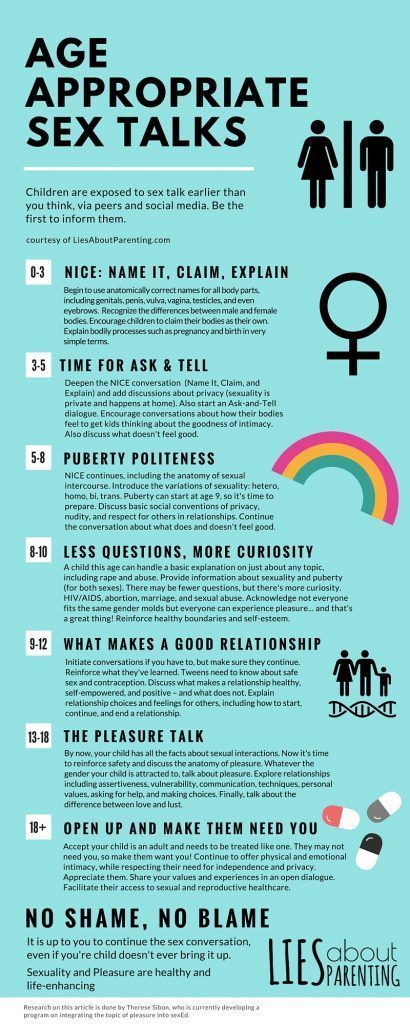 Once the problems have been resolved they often switch their attention back to their careers, kids, or other interests. However, romantic relationships require ongoing attention and commitment for love to flourish. As long as the health of a romantic relationship remains important to you, it is going to require your attention and effort. And identifying and fixing a small problem in your relationship now can often help prevent it from growing into a much larger one down road.
Once the problems have been resolved they often switch their attention back to their careers, kids, or other interests. However, romantic relationships require ongoing attention and commitment for love to flourish. As long as the health of a romantic relationship remains important to you, it is going to require your attention and effort. And identifying and fixing a small problem in your relationship now can often help prevent it from growing into a much larger one down road.
The following tips can help you to preserve that falling in love experience and keep your romantic relationship healthy.
Tip 1: Spend quality time face to face
You fall in love looking at and listening to each other. If you continue to look and listen in the same attentive ways, you can sustain the falling in love experience over the long term. You probably have fond memories of when you were first dating your loved one. Everything seemed new and exciting, and you likely spent hours just chatting together or coming up with new, exciting things to try. However, as time goes by, the demands of work, family, other obligations, and the need we all have for time to ourselves can make it harder to find time together.
However, as time goes by, the demands of work, family, other obligations, and the need we all have for time to ourselves can make it harder to find time together.
Many couples find that the face-to-face contact of their early dating days is gradually replaced by hurried texts, emails, and instant messages. While digital communication is great for some purposes, it doesn’t positively impact your brain and nervous system in the same way as face-to-face communication. Sending a text or a voice message to your partner saying “I love you” is great, but if you rarely look at them or have the time to sit down together, they’ll still feel you don’t understand or appreciate them. And you’ll become more distanced or disconnected as a couple. The emotional cues you both need to feel loved can only be conveyed in person, so no matter how busy life gets, it’s important to carve out time to spend together.
Commit to spending some quality time together on a regular basis. No matter how busy you are, take a few minutes each day to put aside your electronic devices, stop thinking about other things, and really focus on and connect with your partner.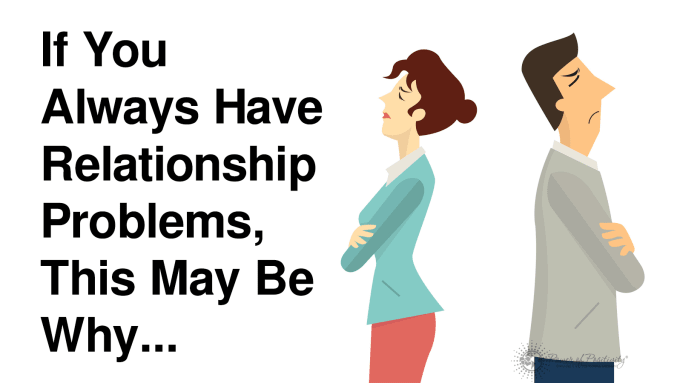
Find something that you enjoy doing together, whether it is a shared hobby, dance class, daily walk, or sitting over a cup of coffee in the morning.
Try something new together. Doing new things together can be a fun way to connect and keep things interesting. It can be as simple as trying a new restaurant or going on a day trip to a place you’ve never been before.
Focus on having fun together. Couples are often more fun and playful in the early stages of a relationship. However, this playful attitude can sometimes be forgotten as life challenges start getting in the way or old resentments start building up. Keeping a sense of humor can actually help you get through tough times, reduce stress and work through issues more easily. Think about playful ways to surprise your partner, like bringing flowers home or unexpectedly booking a table at their favorite restaurant. Playing with pets or small children can also help you reconnect with your playful side.
Do things together that benefit others
One the most powerful ways of staying close and connected is to jointly focus on something you and your partner value outside of the relationship. Volunteering for a cause, project, or community work that has meaning for both of you can keep a relationship fresh and interesting. It can also expose you both to new people and ideas, offer the chance to tackle new challenges together, and provide fresh ways of interacting with each other.
As well as helping to relieve stress, anxiety, and depression, doing things to benefit others delivers immense pleasure. Human beings are hard-wired to help others. The more you help, the happier you'll feel——as individuals and as a couple.
Tip 2: Stay connected through communication
Good communication is a fundamental part of a healthy relationship. When you experience a positive emotional connection with your partner, you feel safe and happy. When people stop communicating well, they stop relating well, and times of change or stress can really bring out the disconnect.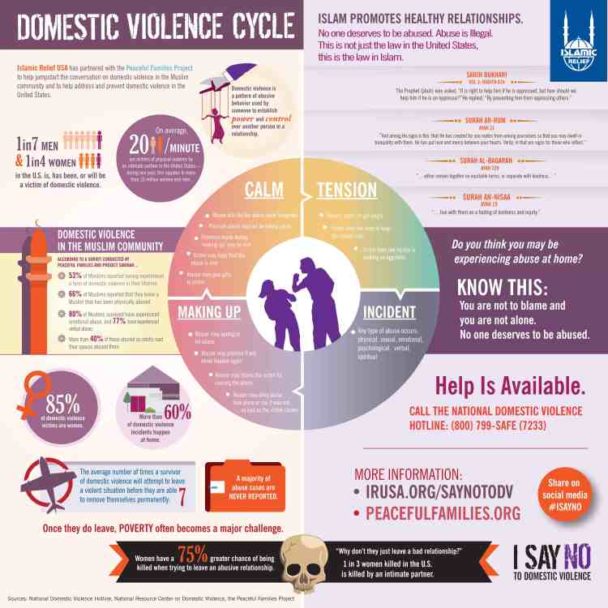 It may sound simplistic, but as long as you are communicating, you can usually work through whatever problems you’re facing.
It may sound simplistic, but as long as you are communicating, you can usually work through whatever problems you’re facing.
Tell your partner what you need, don't make them guess.
It’s not always easy to talk about what you need. For one, many of us don’t spend enough time thinking about what’s really important to us in a relationship. And even if you do know what you need, talking about it can make you feel vulnerable, embarrassed, or even ashamed. But look at it from your partner’s point of view. Providing comfort and understanding to someone you love is a pleasure, not a burden.
[Read: Effective Communication]
If you’ve known each other for a while, you may assume that your partner has a pretty good idea of what you are thinking and what you need. However, your partner is not a mind-reader. While your partner may have some idea, it is much healthier to express your needs directly to avoid any confusion.
Your partner may sense something, but it might not be what you need.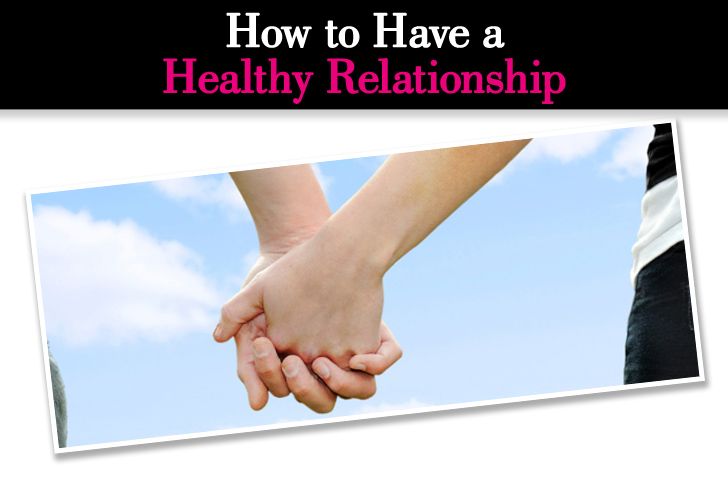 What’s more, people change, and what you needed and wanted five years ago, for example, may be very different now. So instead of letting resentment, misunderstanding, or anger grow when your partner continually gets it wrong, get in the habit of telling them exactly what you need.
What’s more, people change, and what you needed and wanted five years ago, for example, may be very different now. So instead of letting resentment, misunderstanding, or anger grow when your partner continually gets it wrong, get in the habit of telling them exactly what you need.
Take note of your partner's nonverbal cues
So much of our communication is transmitted by what we don’t say. Nonverbal cues, which include eye contact, tone of voice, posture, and gestures such as leaning forward, crossing your arms, or touching someone’s hand, communicate much more than words.
When you can pick up on your partner’s nonverbal cues or “body language,” you’ll be able to tell how they really feel and be able to respond accordingly. For a relationship to work well, each person has to understand their own and their partner’s nonverbal cues. Your partner’s responses may be different from yours. For example, one person might find a hug after a stressful day a loving mode of communication—while another might just want to take a walk together or sit and chat.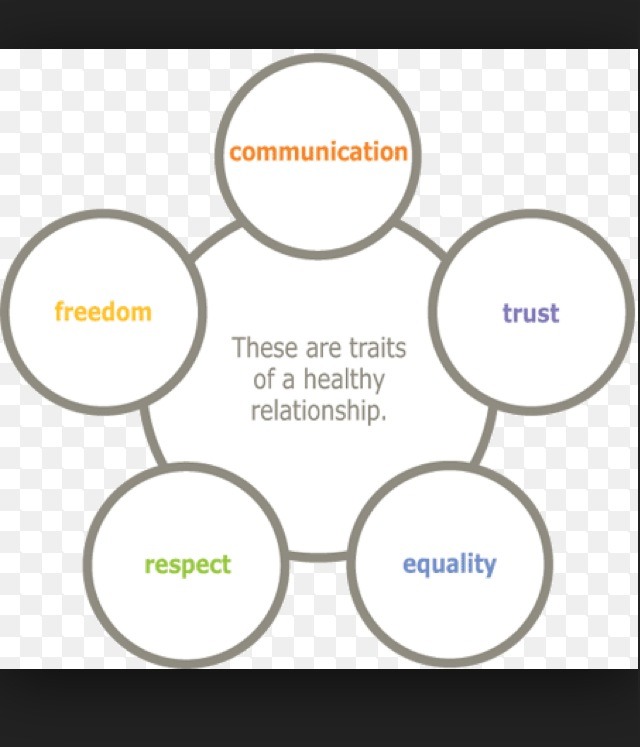
It’s also important to make sure that what you say matches your body language. If you say “I’m fine,” but you clench your teeth and look away, then your body is clearly signaling you are anything but “fine.”
When you experience positive emotional cues from your partner, you feel loved and happy, and when you send positive emotional cues, your partner feels the same. When you stop taking an interest in your own or your partner’s emotions, you’ll damage the connection between you and your ability to communicate will suffer, especially during stressful times.
Be a good listener
While a great deal of emphasis in our society is put on talking, if you can learn to listen in a way that makes another person feel valued and understood, you can build a deeper, stronger connection between you.
There’s a big difference between listening in this way and simply hearing. When you really listen—when you’re engaged with what’s being said—you’ll hear the subtle intonations in your partner’s voice that tells you how they’re really feeling and the emotions they’re trying to communicate.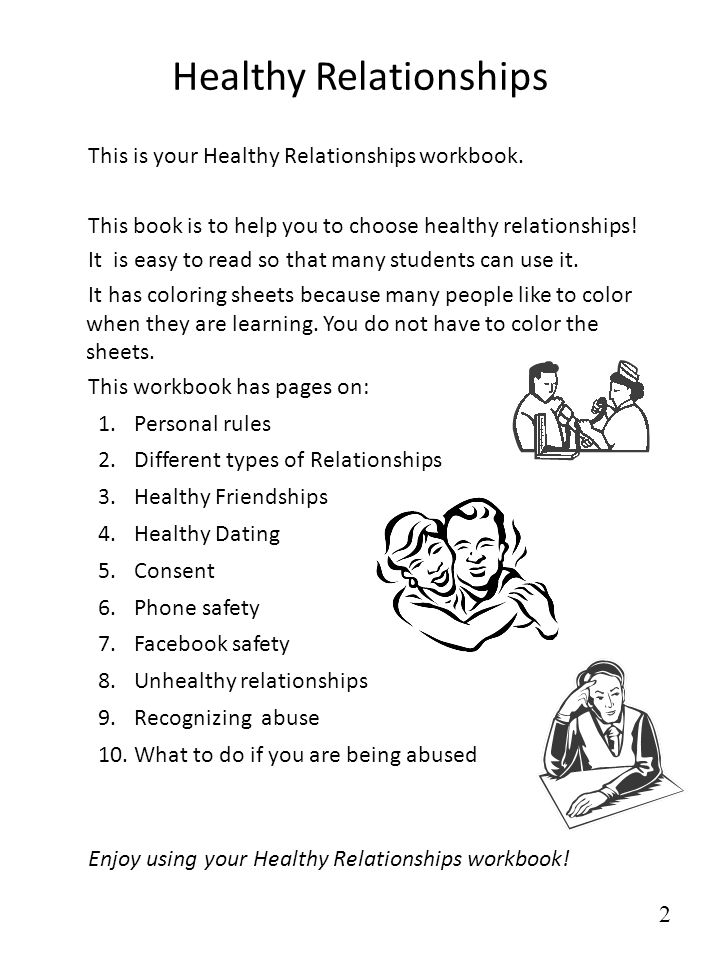 Being a good listener doesn't mean you have to agree with your partner or change your mind. But it will help you find common points of view that can help you to resolve conflict.
Being a good listener doesn't mean you have to agree with your partner or change your mind. But it will help you find common points of view that can help you to resolve conflict.
Manage stress
When you’re stressed or emotionally overwhelmed, you’re more likely to misread your romantic partner, send confusing or off-putting nonverbal signals, or lapse into unhealthy knee-jerk patterns of behavior. How often have you been stressed and flown off the handle at your loved one and said or done something you later regretted?
If you can learn to quickly manage stress and return to a calm state, you’ll not only avoid such regrets, but you’ll also help to avoid conflict and misunderstandings——and even help to calm your partner when tempers build.
Tip 3: Keep physical intimacy alive
Touch is a fundamental part of human existence. Studies on infants have shown the importance of regular, affectionate contact for brain development. And the benefits don’t end in childhood.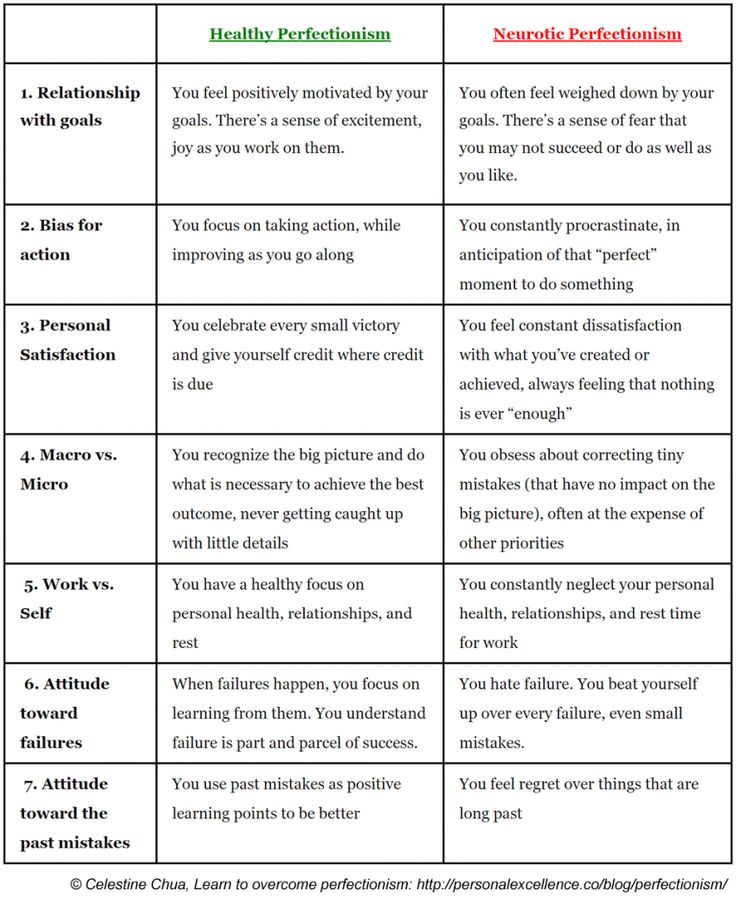 Affectionate contact boosts the body’s levels of oxytocin, a hormone that influences bonding and attachment.
Affectionate contact boosts the body’s levels of oxytocin, a hormone that influences bonding and attachment.
While sex is often a cornerstone of a committed relationship, it shouldn’t be the only method of physical intimacy. Frequent, affectionate touch—holding hands, hugging, kissing—is equally important.
[Read: Better Sex as You Age]
Of course, it’s important to be sensitive to what your partner likes. Unwanted touching or inappropriate overtures can make the other person tense up and retreat—exactly what you don’t want. As with so many other aspects of a healthy relationship, this can come down to how well you communicate your needs and intentions with your partner.
Even if you have pressing workloads or young children to worry about, you can help to keep physical intimacy alive by carving out some regular couple time, whether that’s in the form of a date night or simply an hour at the end of the day when you can sit and talk or hold hands.
Tip 4: Learn to give and take in your relationship
If you expect to get what you want 100% of the time in a relationship, you are setting yourself up for disappointment. Healthy relationships are built on compromise. However, it takes work on each person’s part to make sure that there is a reasonable exchange.
Healthy relationships are built on compromise. However, it takes work on each person’s part to make sure that there is a reasonable exchange.
Recognize what’s important to your partner
Knowing what is truly important to your partner can go a long way towards building goodwill and an atmosphere of compromise. On the flip side, it’s also important for your partner to recognize your wants and for you to state them clearly. Constantly giving to others at the expense of your own needs will only build resentment and anger.
Don’t make “winning” your goal
If you approach your partner with the attitude that things have to be your way or else, it will be difficult to reach a compromise. Sometimes this attitude comes from not having your needs met while younger, or it could be years of accumulated resentment in the relationship reaching a boiling point. It’s alright to have strong convictions about something, but your partner deserves to be heard as well. Be respectful of the other person and their viewpoint.
Learn how to respectfully resolve conflict
Conflict is inevitable in any relationship, but to keep a relationship strong, both people need to feel they’ve been heard. The goal is not to win but to maintain and strengthen the relationship.
Make sure you are fighting fair. Keep the focus on the issue at hand and respect the other person. Don’t start arguments over things that cannot be changed.
Don’t attack someone directly but use “I” statements to communicate how you feel. For example, instead of saying, “You make me feel bad” try “I feel bad when you do that”.
Don’t drag old arguments into the mix. Rather than looking to past conflicts or grudges and assigning blame, focus on what you can do in the here-and-now to solve the problem.
Be willing to forgive. Resolving conflict is impossible if you’re unwilling or unable to forgive others.
If tempers flare, take a break.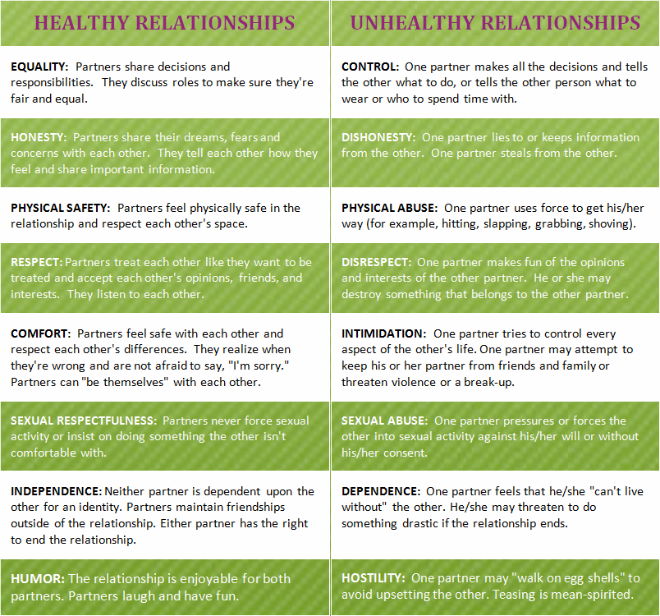 Take a few minutes to relieve stress and calm down before you say or do something you’ll regret. Always remember that you’re arguing with the person you love.
Take a few minutes to relieve stress and calm down before you say or do something you’ll regret. Always remember that you’re arguing with the person you love.
Know when to let something go. If you can’t come to an agreement, agree to disagree. It takes two people to keep an argument going. If a conflict is going nowhere, you can choose to disengage and move on.
Tip 5: Be prepared for ups and downs
It’s important to recognize that there are ups and downs in every relationship. You won’t always be on the same page. Sometimes one partner may be struggling with an issue that stresses them, such as the death of a close family member. Other events, like job loss or severe health problems, can affect both partners and make it difficult to relate to each other. You might have different ideas of managing finances or raising children.
Different people cope with stress differently, and misunderstandings can rapidly turn to frustration and anger.
[Read: Surviving Tough Times by Building Resilience]
Don’t take out your problems on your partner. Life stresses can make us short tempered. If you are coping with a lot of stress, it might seem easier to vent with your partner, and even feel safer to snap at them. Fighting like this might initially feel like a release, but it slowly poisons your relationship. Find other healthier ways to manage your stress, anger, and frustration.
Life stresses can make us short tempered. If you are coping with a lot of stress, it might seem easier to vent with your partner, and even feel safer to snap at them. Fighting like this might initially feel like a release, but it slowly poisons your relationship. Find other healthier ways to manage your stress, anger, and frustration.
Trying to force a solution can cause even more problems. Every person works through problems and issues in their own way. Remember that you’re a team. Continuing to move forward together can get you through the rough spots.
Look back to the early stages of your relationship. Share the moments that brought the two of you together, examine the point at which you began to drift apart, and resolve how you can work together to rekindle that falling in love experience.
Be open to change. Change is inevitable in life, and it will happen whether you go with it or fight it. Flexibility is essential to adapt to the change that is always taking place in any relationship, and it allows you to grow together through both the good times and the bad.
If you need outside help for your relationship, reach out together. Sometimes problems in a relationship can seem too complex or overwhelming for you to handle as a couple. Couples therapy or talking together with a trusted friend or religious figure can help.
Authors: Lawrence Robinson, Melinda Smith, M.A., and Jeanne Segal, Ph.D.
Am I in a Healthy Relationship? – Article aimed at teens to determine if your relationship is as healthy as it should be. (TeensHealth)
Help with Relationships – Articles addressing common relationship problems, such as arguments and conflict, communication, and infidelity. (Relate UK)
ADVERTISEMENT
ADVERTISEMENT
Last updated: December 5, 2022
9 rules for healthy relationships | PSYCHOLOGIES
How to get through hard times: daily advice Psy
"Cum too fast": why it happens and how to change the sex script
"Not like everyone else": 7 types of loneliness - find out your situation
58,962
Man and woman Relationship crisis
1.
 They are not shy about praising their partner in public
They are not shy about praising their partner in public “Happy spouses do not get tired of praising each other in front of friends, children, relatives and even colleagues,” explains psychologist and coach Samantha Rodman.
In unhealthy relationships, partners often criticize each other in conversations with others. Simple phrases like “My husband can fix everything” or “My wife cooks the best meals in the world” help maintain a close bond between partners.
2. They always make time for each other
“In a strong relationship, partners find time every day to spend time together,” says psychotherapist Kurt Smith. “For example, they walk the dog together, talk for a long time when the children fall asleep, or watch TV shows together.”
3. They laugh easily and often
“My husband and I laugh at something every now and then,” says psychologist Marie Land. “We can’t be depressed for long, because one of us will definitely say or do something to cheer both of us up.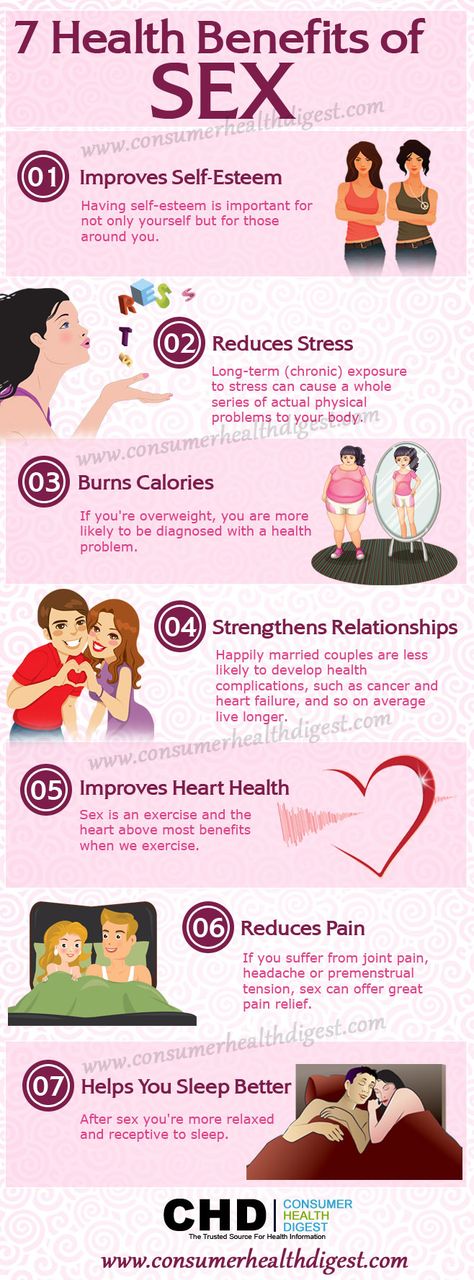 Of course, sometimes you can not do without serious conversations. But for those couples who try not to take life too seriously and laugh more often, it is easier to build a healthy relationship.”
Of course, sometimes you can not do without serious conversations. But for those couples who try not to take life too seriously and laugh more often, it is easier to build a healthy relationship.”
4. They value each other's virtues
“I see couples constantly complaining about each other,” explains family counselor and psychotherapist Aaron Anderson. - Most often, we are talking about the most common problems that almost all couples face. In a healthy relationship, partners do not focus on problems and complaints, but first of all pay attention to the positive sides of each other and do not hesitate to exchange compliments.
5. They know how to put themselves in the place of a partner
“It helps them overcome the lack of understanding that sometimes occurs in any relationship,” says couples therapist Kari Carroll. “Empathy is good for resolving any conflicts, and those of my clients who have it can say to their partner: “I can’t agree with you here, but I can understand why you felt this way (a). ” At the same time, the partner feels that he is being carefully listened to, understood and appreciated.
” At the same time, the partner feels that he is being carefully listened to, understood and appreciated.
6. They always tell their partner when they come home
“Relationship problems often arise because one of the spouses does not understand how the other lives, or it seems to him that they are beginning to be ignored,” advises psychologist Samantha Rodman. “A simple call or text message to let your partner know when you’re back from work or a meeting with friends/girlfriends will help him or her stop worrying about it and strengthen your relationship even more.”
7. They never stop flirting
“Flirting is a great way to show your partner you love and have some fun as well,” says Aaron Anderson. - Without it, relationships become gray and boring. In a healthy relationship, partners continue to flirt with each other even years later.”
8. They know how to deal honestly
“Even during a conflict, the spouses do not scold each other with the last words and labels,” explains psychotherapist Kurt Smith.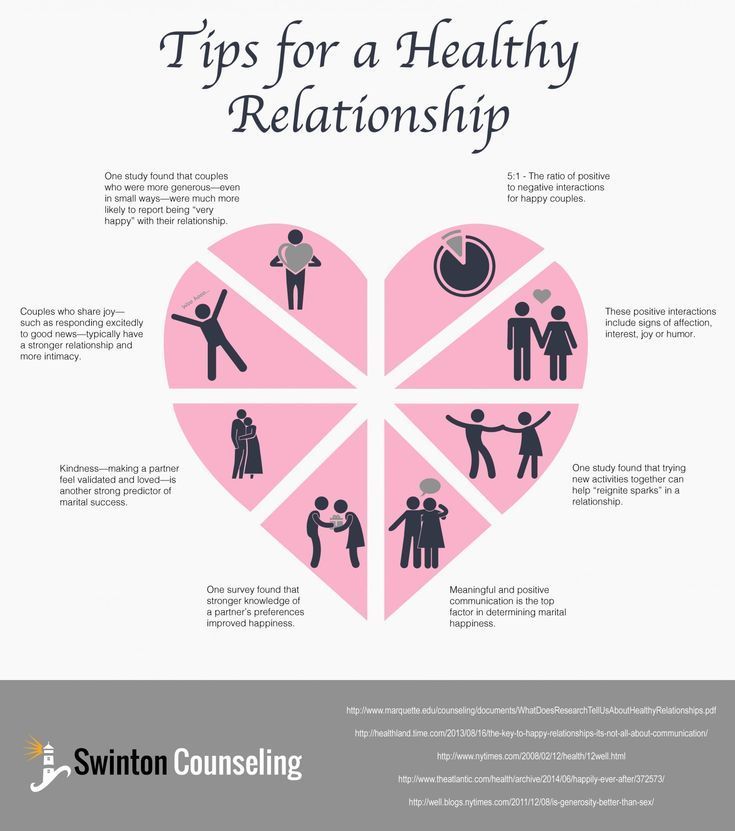 - I often hear how partners are not shy about making caustic comments and hurtful remarks, and then dismiss that they were "just kidding." In a healthy relationship, partners always treat each other with love and respect.”
- I often hear how partners are not shy about making caustic comments and hurtful remarks, and then dismiss that they were "just kidding." In a healthy relationship, partners always treat each other with love and respect.”
9. They know how to forgive
“Partners are able to admit their mistakes, apologize and leave what happened in the past,” adds psychologist Marie Land. "Recent disagreements don't lead to emotional separation from each other and don't stop them from having a good time together."
Text: Nikolai Protsenko Photo Source: Getty Images
New on the site
“I want to confess my feelings to a guy, but I’m afraid of being rejected”
“Until the time has come, and then it will be too late”: 5 myths about love - the opinion of a family psychotherapist
“Not like everyone else”: 7 types of loneliness - find out your situation
"Cum too fast": why it happens and how to change the sex script
Quiz: Are your relationships healthy?
“My mother, sisters and brothers hate me. How to deal with family bullying?
How to deal with family bullying?
How to survive any life shocks and become stronger
14 signs of a strong and healthy relationship
July 7, 2020 Relationship
Try to analyze your relationship according to these criteria and find out if things are going so smoothly in your couple.
Signs of a healthy relationship
1. You share common values
In a relationship, it is possible and sometimes even necessary to accept some differences. You may hold different political views; dating an atheist, being a deeply religious person; differently evaluate the work of Madonna or Max Korzh.
Perhaps the most important thing is to look in the same direction and share the key principles of life. And it’s also great to have similar views on how relationships in the family should be built.
2. You respect each other
Mutual respect is the key to a long and successful relationship. You do not manipulate the partner's feelings, but go towards each other, not trying to teach the other about life.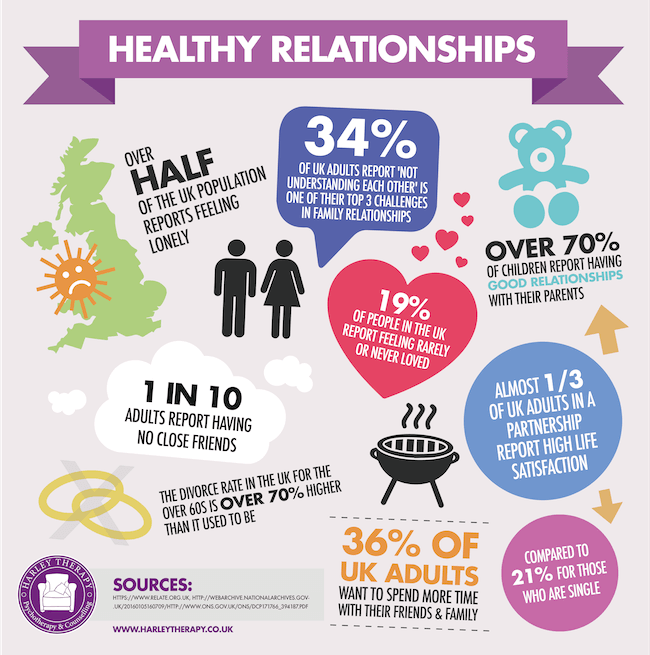
Never, anywhere and under any pretext, do not look into someone else's mobile phone. Leave this Pandora's box closed and sleep well.
3. You bring out the best in each other, not the worst
In my previous relationships, I was constantly made to understand that I was not living up to expectations. At some point, I almost believed that I couldn’t do anything, I began to mentally add the prefix “under” to all my actions and qualities.
Normal relationships are built on mutual respect (see #2), where two people help each other grow and develop, but don't force them to change under pressure.
Change is an important, positive and useful part of life, but you have to want to change yourself. In a healthy relationship, you both grow and develop as individuals, rather than becoming the object of constant judgment and criticism from your partner.
4. You like to have fun together
You also need to know how to have fun together.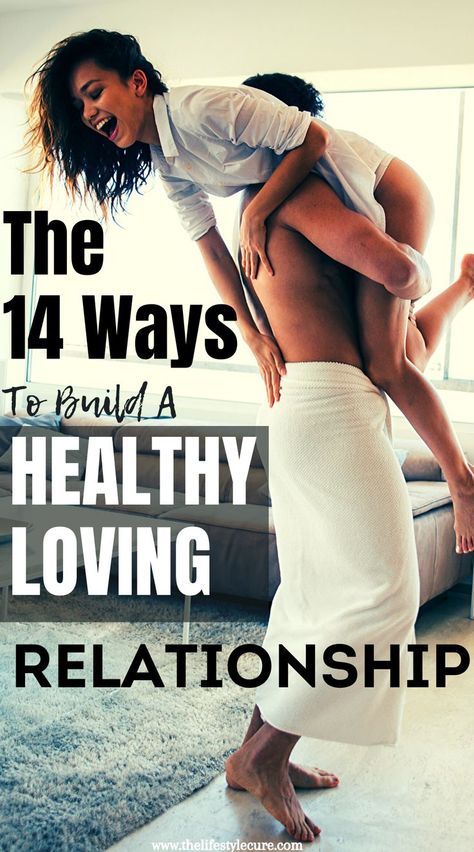 I must admit: all people are different, everyone has their own understanding of fun. It is important that your vision of a good party coincides with the opinion of your partner and that both enjoy the process. Some people like noisy parties and wild dances, while others like the idea of becoming members of an intellectual club.
I must admit: all people are different, everyone has their own understanding of fun. It is important that your vision of a good party coincides with the opinion of your partner and that both enjoy the process. Some people like noisy parties and wild dances, while others like the idea of becoming members of an intellectual club.
5. You can count on a partner in a difficult situation
Life is not an easy thing, and sometimes we all find ourselves in a difficult situation. In a right and healthy relationship, you should see in a partner a support that will not be afraid and will not run away from difficulties.
Your partner is a friend and ally. He is ready to be there, to help at a difficult moment, and not only shares moments of joy and universal fun with you.
6. You take care of each other
Caring for your neighbor is a normal human need. In a healthy relationship, you want to love and be loved. You not only take away, but also easily give away, without demanding anything and without expecting anything in return.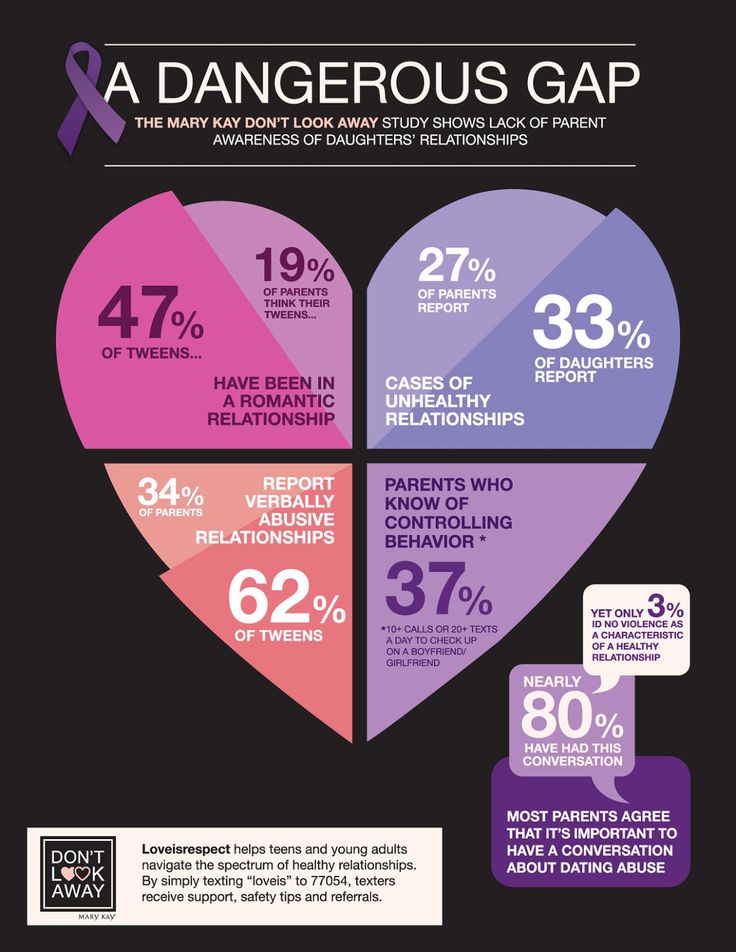
To love is to find your own happiness in the happiness of another person.
And you also want to share everything. If you find yourself in a cool place alone, then you will definitely think: "It's a pity that my half is not around, it would be great to share this experience."
7. You trust your partner and feel calm
Total control is more suitable for the army. In a healthy relationship, you do not demand every minute report on everything, but trust each other and, no less important, are confident in yourself.
In a normal relationship, you don't waste your time analyzing your partner's incomprehensible actions and searching for hidden meanings in conversations with friends, but you feel calm and can fruitfully go about your business.
8. You talk to each other
Communication is an important element of a healthy relationship. You do not think, but ask directly and voice your desires, not trying to pathologically avoid conflict. People do not read minds and may simply not know that you are missing something. You understand this very well, so do not hesitate to ask your partner about what is important to you. And you can not only speak, but also listen.
People do not read minds and may simply not know that you are missing something. You understand this very well, so do not hesitate to ask your partner about what is important to you. And you can not only speak, but also listen.
9. You feel comfortable being silent together
Talking about interesting topics is really cool, but sometimes it's more important to be able to keep silent together. In a healthy relationship, you are comfortable just being around. You do not try to fill all the pauses that have arisen with unnecessary words and do not get tired of each other if you do not utter a word.
10. You have your own life outside of relationships
You love being with your significant other very much, but at the same time you remain a self-sufficient person with your own interests and hobbies outside of relationships. It's cool sometimes to spend time apart, to have your friends and your favorite activities.
In a healthy relationship, you do not try to fill all your partner's free time with yourself, but allow him to have his own interests, which you do not condemn, but respect.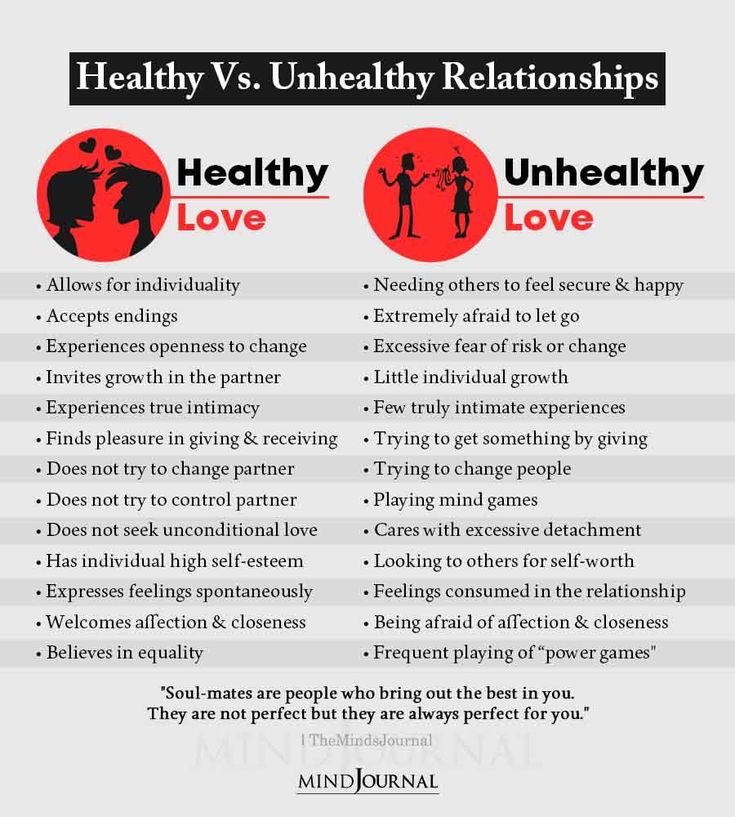
11. You have a similar daily routine
In a normal relationship, you managed to adjust to the biorhythms of another without harming your own health and mood. If you are a morning person and your partner is a night owl and no one wants to change their habits, this can become a problem over time.
In a healthy relationship, you managed to negotiate and find a balance so that both feel comfortable.
12. You are a team
You always take your partner's side, at least in public. Of course, in private, you can always voice what you really think and why your partner acted imprudently or too abruptly, but in public you have learned to play on the same team.
13. You can speak with your partner in their love language
Sometimes it is important to see the world through the eyes of another person. Everyone has different needs, and that's okay. You have learned to understand what is truly important for your partner, and you know how to give him exactly what he needs, and not you.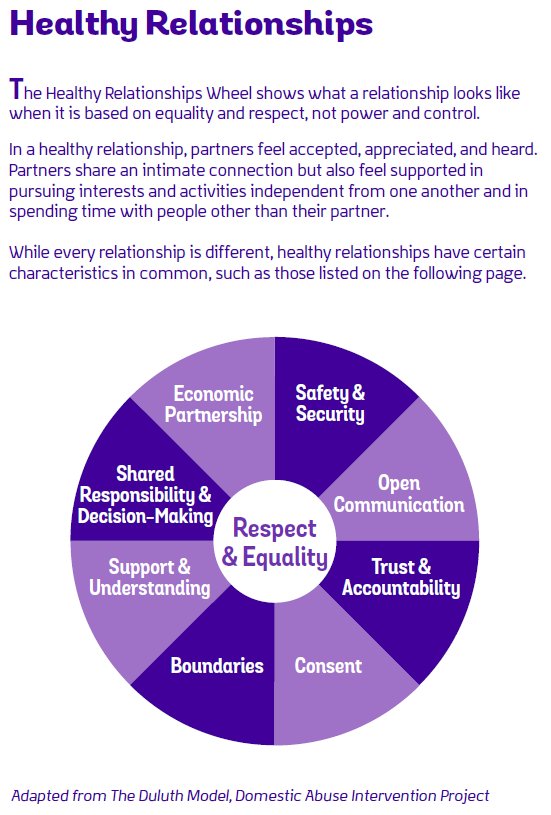 For example, it is important for someone to hear approving words of support. In this case, you know how to praise a person's talents, whether it's a virtuoso violin playing or the ability to get along with your mother.
For example, it is important for someone to hear approving words of support. In this case, you know how to praise a person's talents, whether it's a virtuoso violin playing or the ability to get along with your mother.
14. You have sex
It's good, you want it. Together.
What to do if all this is not about your couple
Sometimes you need to be patient. Of course, you should not change your partner every time you encounter difficulties. Hand on heart, it's hard to imagine that you can immediately see a soul mate in a stranger and begin to trust the most intimate.
Relationships between people — is a job that requires patience, effort and time. This is a complex but extremely interesting process, which is more correctly compared with a joint journey than with arriving at a destination.
Remember, a healthy relationship is not a battle where there is competition and one side will win at some point. You are a team, which means you work together because you have a common goal.